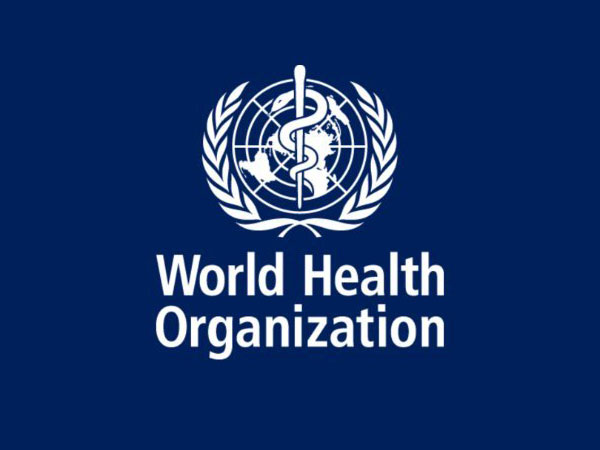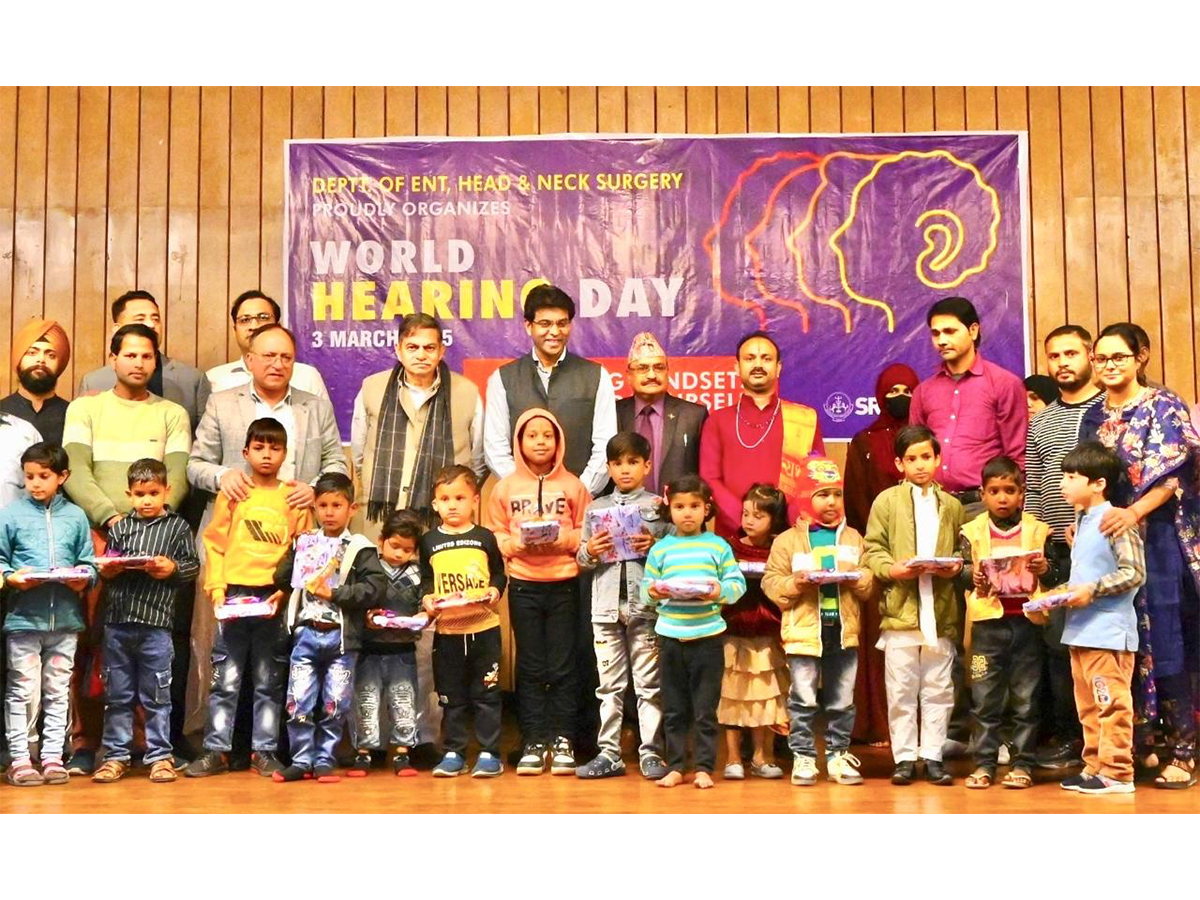WHO says Europe must keep fighting HIV and AIDS
Jul 21, 2024
Copenhagen [Denmark], July 21: The World Health Organization (WHO) is calling for a resolute fight against HIV and related stigma in Europe, ahead of an international AIDS conference that opens in the southern German city of Munich on Monday.
While the numbers of new infections and deaths are rising in Europe, the epidemic situation varies greatly across the region, WHO regional director Hans Kluge told DPA.
"The situation in the European region is one of dramatic contrasts," the Belgian national noted.
He said some countries had almost entirely stopped the transmission of HIV and were on the verge of being able to say that the end of AIDS was in sight. In others, meanwhile, death rates remained unacceptably high.
Late-stage HIV diagnoses remain a problem today, according to Kluge, who said that urgent action was needed to address the widespread stigmatization of those affected, as this was hindering progress.
He expressed hope that the World AIDS Conference starting in Munich on Monday will bring the issue back into sharper focus. "The conference is also taking place at a time when the topic of HIV/AIDS seems to have disappeared from the radar in many parts of the world," he said.
He mentioned talk of "AIDS fatigue," after the topic had once played a far larger role worldwide. Amid the range of health challenges being tackled now, the WHO regional director said there was no room for complacency in the fight on HIV and AIDS.
The WHO European region includes around 50 countries, including many to the east of the European Union. According to Kluge, about three million people live with HIV in this region, of an estimated 39 million worldwide.
According to the latest HIV/AIDS report by WHO Europe and the European disease control agency ECDC, more than 110,000 people in the region were diagnosed with HIV in 2022. This represents a slight increase compared to 2021 but a significant decrease compared to the pre-COVID-19 year of 2019.
The report said that a large share of the diagnoses in 2022 were made in the eastern part of the region, with the highest per capita rates in Russia, Ukraine and Moldova.
According to the WHO/ECDC report, the number of reported AIDS-related deaths in Europe continued to decline from 2021 to 2022. However, the WHO has said the latest modelling calculations indicate increasing numbers of fatalities and new cases, including undiagnosed cases.
Overall, the world has come a long way in the fight against HIV and AIDS, Kluge said. For decades, an HIV diagnosis was equivalent to a death sentence for millions of people, before antiretroviral therapy proved to be a "game-changer." Between 2000 and 2021, the global number of new HIV infections had fallen by a
whopping 49 percent, and HIV-related deaths by as much as 61 percent, according to Kluge.
"The fight against HIV/AIDS is both a success story and a cautionary tale," said Kluge. In the case of Europe, the journey was not yet over, he noted - and not due to a lack of resources, but because of intolerance and stigma.
The 25th international AIDS conference takes place in Munich from July 22 to 26. The organizers expect an estimated 15,000 participants from around the world.
Source: Qatar Tribune








